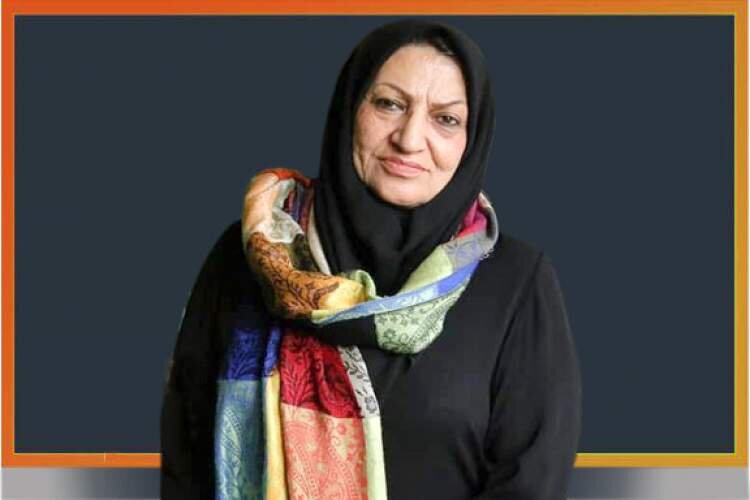The Feminine Soul is More Related to this World

Razieh Tojjar is one of the best authors of our country. She has written many great books such as “The Glass Woman”, “The Journey to the Roots”, “Flame and Night” and “My Star”.
She also has works in the publishing stage, such as: "Unlit Lantern", "Sister in Heaven" and two collections of Short Stories.
* To begin with, would you give a brief biography of yourself?
I was born in a traditional and religious family in one of the old neighborhoods of Tehran. I am very interested in writing and the origin of this interest goes back to my teenage years. At that time, my greatest pleasure was reading and I loved my grandmother's writing and storytelling.
* How did you discover the origin of this art and interest within yourself?
If you believe me and don't take my words as boasting, I must say that I was chosen.
* Which of the writing styles do you like and relate to?
The style of story, whether short or long like a novel.
* How do you think the relationship between art and the delicate spirit of women can be described?
A woman's soul is a source of pain and emotion. Therefore, she can easily establish the connection she should with this field. For example, women like embroidery and patiently put colors together and sew, while writing, this choice is made on vocabulary and lines up words one after the other. In general, the feminine soul is more related to this world.
* Please talk about your teenage years and what your dreams were.
It was a difficult period. My degree of sensitivity was very high, so I was alone most of the time. The only things that saved me were, one, my love for God and two, my love for the words with which I used to write poems and stories.
I must also say that Dostoyevsky's writings drove me crazy and I really loved his works.
* What advice do you have for our young friends who are interested in writing?
If they find the passion and talent of writing in themselves, they should appreciate it. Read and write a lot. Participate in collective meetings of story criticism to find their mistakes.
